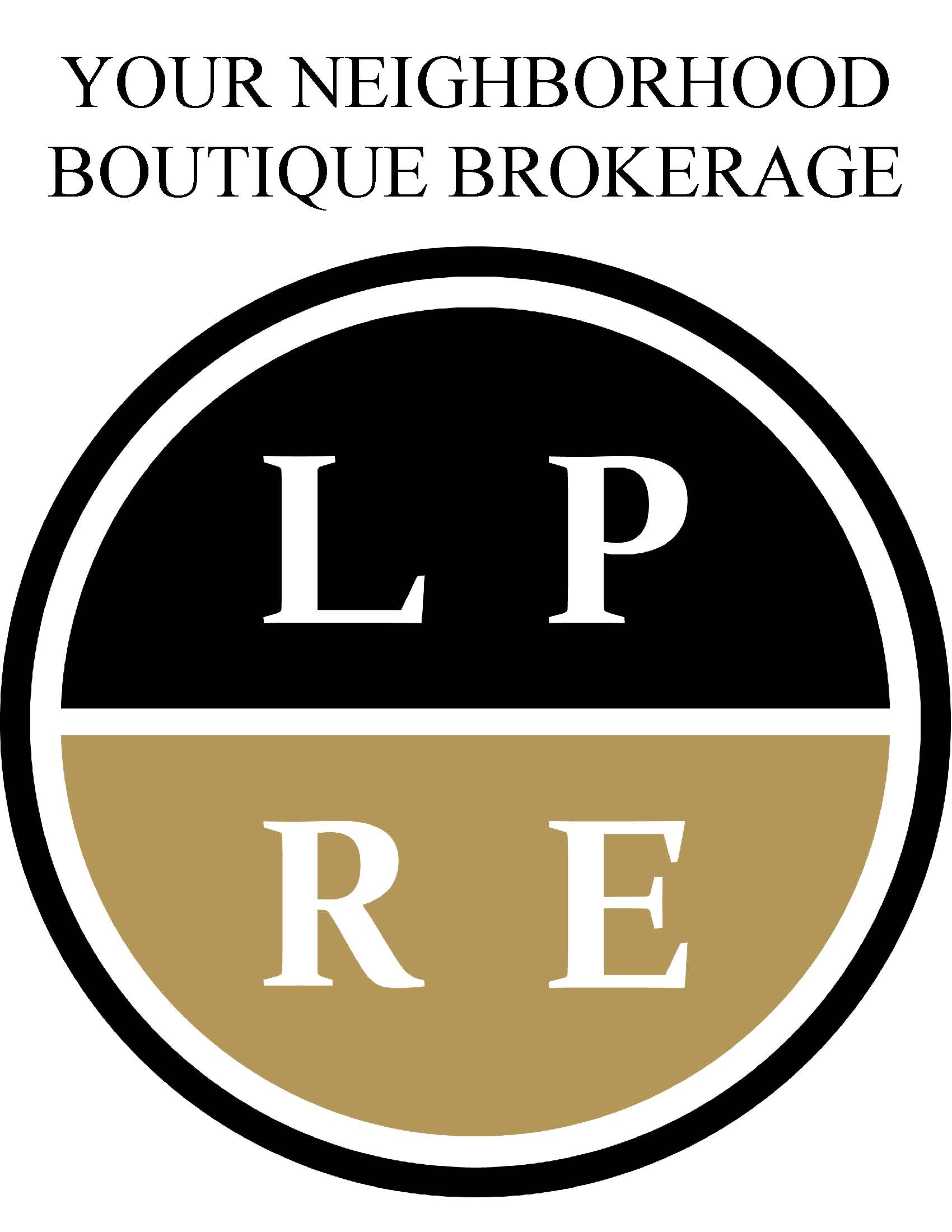Short Sale FAQ’s
2 – Is a Short Sale right for me?
3 – I hear Short Sales rarely get done or take a very long time. Is that correct?
4 – If I do a Short Sale, how much will I have to pay to sell my home?
5 – How do I get started on a Short Sale?
6 – Can I simply deed my property to someone else and avoid the hassle?
7 – What sort of hardship would my lender consider legitimate?
8 – I am current on my mortgage. Will my lender consider a Short Sale?
9 – Why would a mortgage company agree to accept a Short Sale?
10 – Do lenders approve all Short Sales?
11 – If I have two loans, can I still do a Short Sale?
12 – My property is in rough shape and needs work. Can I still do a Short Sale?
13 – I am concerned about my credit. How will a Short Sale affect it?
14 – My income problem was temporary. Do I still need to sell my home?
15 – What is a Forbearance Agreement?
What is a Short Sale?
A Short Sale is when the mortgage(s) owed on the home is more than what the home is worth. At the sale of the home, the proceeds will not fully pay off the existing loan(s) and, therefore, the lender(s) will have to accept a discounted payoff to release the lien. The benefits of doing a short saleare that the mortgage company will pay virtually all sales costs on your behalf, including real estate commissions, escrow, and title fees, you get the home sold, the loan balance(s) is/are satisfied, and you avoid foreclosure.
Top
Is a Short Sale right for me?
If you are dealing with a hardship that makes it likely you will be unable to meet your obligation on your mortgage, and your home is now worth less than what you owe on it, a short sale is your best option. Short Sales are proving to be the best win-win situation for not only the seller, but also the mortgage lenders.
Top
I hear Short Sales rarely get done or take a very long time. Is that correct?
Mortgage lenders are increasingly willing to work with borrowers faced with a financial hardship, to accept a discounted payoff on a mortgage. Faced with foreclosure, your lender would nearly always prefer to settle the matter with you as opposed to taking the property through foreclosure. Your lender is looking to limit any potential loss on your loan. By completing a Short Sale, your lender has arrived at a solution that is, for them, much better than a foreclosure. Bottom line, your lender does not want your property back. The biggest problem getting in the way of a successful Short Sale is usually the inability of an inexperienced agent. Unfortunately, there are far too many individuals claiming to be experts only to lack the skill and knowhow necessary to get the Short Sale accepted by the lender.
Top
If I do a Short Sale, how much will I have to pay to sell my home?
Nothing. All commissions, title and escrow fees, are paid by the lender as part of the Short Sale approval. You will pay literally no sales costs if your lender approves the Short Sale. We will include a Short Sale addendum with all contracts, outlining the approval of the sale and that all costs associated with the sale are contingent upon approval from the lender(s).Remember, lenders approve Short Sales and accept the resulting loss in an effort to avoid bigger losses through foreclosure.
Top
How do I get started on a Short Sale?
The first thing you will need to do is simply pick up the phone and give us a call, which may prove to be the hardest part of the whole process. We recognize that the first step is sometimes the most difficult part of the journey, but it is also the most necessary. After speaking to us, we are confident you will be very comfortable moving forward. While the Short Sale process can be tedious, we promise to be there with you every step of the way.
Top
Can I simply deed my property to someone else and avoid the hassle?
When you deed your property to someone else, you give up control of the property. Along with the deed goes the ability to control the property. Secondly, the lender still considers you primarily responsible for payment of the loan. If loan payments do not get paid, or if the lender ultimately forecloses, this will show on your credit. Do not deed your property to someone without paying off the loan, unless you have consulted with an attorney experienced in real estate.
Top
What sort of hardship would my lender consider legitimate?
To some extent, that will depend upon the mortgage company considering the Short Sale request. Generally, as long as the hardship is genuine and the mortgage company believes the loan is likely to become delinquent as a result, the Short Sale request will be processed by the Loss Mitigation Department. A huge factor of getting Loss Mitigation to accept a hardship is to submit a strong hardship letter. The hardship letter sets the tone for the entire file.
Below you will find a list of “hardships” that are common and frequently accepted by mortgage lenders:
· Family illness or injury
· Illness or injury in the extended family – particularly if it forces relocation
· Job relocation when the property is equity deficient
· Job loss, underemployment, or substantial reduction in pay
· Divorce or split of domestic partners
· Adjustment in mortgage payment or unforeseen increase in living expenses
Top
I am current on my mortgage. Will my lender consider a Short Sale?
The answer is: it depends. Some lenders will accept a Short Sale file for approval on loans that are not delinquent. Many lenders will not accept the file until the loan is delinquent. There are some circumstances where we can get a Short Sale approved by the lender when there have been no payments missed. However, most lenders are so flooded with Short Sale requests that if a customer is current on their mortgage, they have no incentive to approve the Short Sale. Remember, they are not approving the Short Sale because they feel sorry for you. The banks are approving Short Sales out of self-preservation only. They do not want your house back. However, our experience tells us they will not approve the Short Sale if the borrower is current.
Top
Why would a mortgage company agree to accept a Short Sale?
There are actually several reasons why a mortgage company would approve a Short Sale payoff, including the following:
Legal Concerns – Mortgage lenders have come under legal pressure to work with borrowers to equitably resolve situations where borrowers are unable to meet their mortgage obligation, particularly when the borrower makes an effort to arrive at a compromise solution.
Wall Street is watching – Mortgage lenders rely heavily on their ability to package and sell bundles of loans on the secondary mortgage market. They need to sell these bundles of loans in order to put the funds back to work by loaning the money again, and collecting loan fees along the way. If mortgages perform poorly after they are sold, it could impact the lenders’ ability to sell their loans on the secondary market. A successful Short Sale gets the loan payoff resolved quickly.
Asset Management Expenses- If a lender acquires a property through foreclosure, the property will be managed until it is repaired and resold. It is expensive to manage real property assets – homes – spread throughout the state, the region, and possibly even the nation. Keeping properties maintained, keeping utilities on, making repairs and the administrative costs attached to these activities are all costs the lender would prefer to avoid. A successful Short Sale eliminates most of these costs
One the biggest reasons, which is also one of the least talked about, is the Reserve Requirement. Delinquent and non-performing loans place another burden on mortgage lenders. For all delinquent and non-performing loans, lenders must set aside funds in reserve to deal with potential losses. These funds cannot be put to work generating new loan fees until the bad loans are resolved. A successful Short Sale lets the lender put more money to work.
Top
Do lenders approve all Short Sales?
Unfortunately, no. Most often, the lack of approval falls on the responsibility of the listing agent. If files are not complete or correct, if there is lack of follow up, or if there is an inability of the listing agent to build a proper relationship with the negotiator assigned to the file, then the file will be declined and the property will most likely foreclose. Additionally, it is up to the listing agent to not only get an offer(or offers) to purchase the home, but to ensure that the offer(s) will be acceptable to the mortgage lender(s). While the overall process is not rocket science, it is vital that the agent/company understands the process and executes it with precision. It is critical to work with someone who has extensive experience at getting Short Sales approved. From how to present the Short Sale package to the lender, to negotiating with the mortgage lenders’ Loss Mitigation Department, we know how to keep the file moving towards approval. Because no one sells more real estate than RE/MAX, we will also obtain offers that the lenders will.
Top
If I have two loans, can I still do a Short Sale?
Yes. We can work with both lenders. It is easier when both loans are with the same company, but we have completed many transactions where there were loans with two different companies. We have also settled liens with collection agencies and even the lenders’ insurance company, as well as other third party liens. Even if the value of your home is below the balance of the first mortgage, we can normally get the two lenders to cooperate.
REMEMBER: The first lender does not want your home back, and the second lender is willing to take the little bit of compensation that the first lender is willing to give.They know that, if the home goes into foreclosure, they will most likely get nothing.
Top
My property is in rough shape and needs work. Can I still do a Short Sale?
Absolutely. In fact, lenders are more motivated to do a Short Sale on a property that needs work than on a property that doesn’t. The lender knows the risk of loss goes up when they foreclose on a property that needs lots of work.
Top
I am concerned about my credit. How will a Short Sale affect it?
The key is to avoid foreclosure. By nearly any measure, a foreclosure is the most damaging event your credit status can encounter – worse than bankruptcy. In the course of getting your Short Sale approved, you may miss your mortgage payments, and these will show on your credit. By avoiding foreclosure, you will likely be able to resume normal borrowing (car loans, credit cards, consumer goods and such) relatively quickly.
Top
My income problem was temporary. Do I need to sell my home?
You may be able to keep your home. You need to convince your mortgage company of two things:
1- The problem that caused the mortgage payment disruption was beyond your control, such as illness, injury, temporary disability or forced job change.
2- You are now in a solid position to remain current on your mortgage payments and make some progress towards making up the delinquent amount.
texTopt
What is a Forbearance Agreement?
A Forbearance Agreement is a written agreement with your mortgage company in which you arrange to keep your home. The agreement will normally include two primary elements:
1- The borrower’s promise to remain current on the mortgage moving forward.
2- A plan for making up the delinquent interest and other charges.
It may mean making additional payments to the mortgage company, or the delinquent amount could be added to the loan to be paid later.
Top
What is a Deed in Lieu?
A deed in lieu prevents foreclosure for borrowers who can no longer make their mortgage payments, by signing the property over to your mortgage lender. While it will not allow you to keep your property, it will help you to avoid the public sale or auction of your home. You may be eligible for a deed in lieu of foreclosure if one or more of the following apply:
1 – You are going through a genuine hardship.
2 – You are unable to afford your current mortgage payment.
3 – You are unable to modify your current mortgage to make it affordable.
4 – You tried to sell your property at fair market value with a licensed real estate agent for at least 90–120 days and were unsuccessful.
We understand that this information can be overwhelming and confusing. Please contact us anytime for a FREE Short Sale Consultation. We can be reached at 602-301-9754 & [email protected].
Top




